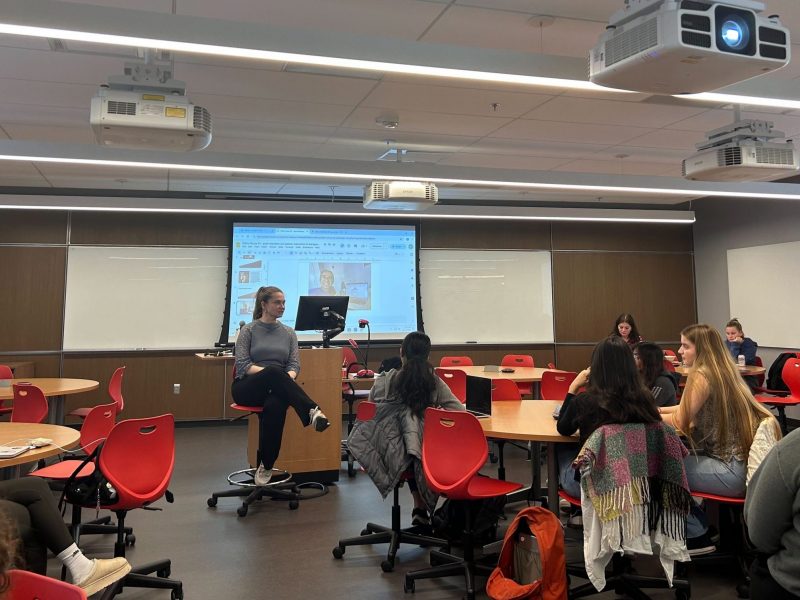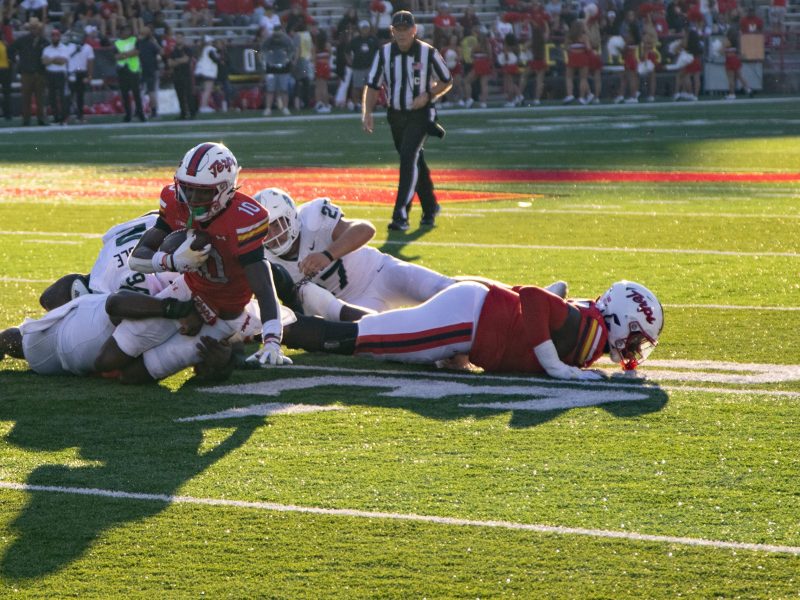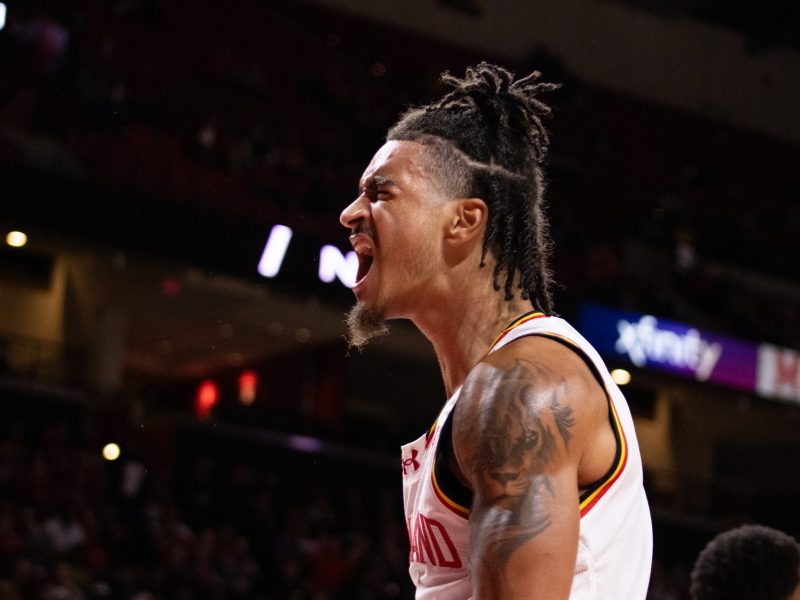
The Byrd Stadium Naming Work Group met for the first time Monday.
University President Wallace Loh charged a group of 19 faculty, staff, students and alumni with assessing the possibility of changing the name of Byrd Stadium, according to an announcement last week.
The Byrd Stadium Naming Work Group met for the first time Monday and formed four subcommittees: history, naming policies, societal context and informing the community and gathering opinion, Loh said.
This issue is in question because those opposed to the stadium’s current name claim that its namesake, former university President Harry Clifton “Curley” Byrd, was a racist and segregationist. The Student Government Association voted 13-2-2 in April in favor of a bill to support changing the name of Byrd Stadium after a surge in student support.
READ MORE: Wallace Loh forms a work group to help consider renaming Byrd Stadium
The creation of these subcommittees is part of “the kind of thoughtful review a group should do,” Loh said.
The history group will study the history surrounding the stadium’s name, including the history of its namesake and how many other buildings on the campus might bear a potentially offensive name.
The naming policies group will study the policy surrounding naming buildings, including old policies used when Byrd Stadium adopted its current name and the precedent for removing or changing campus building names.
Another group will focus on informing the community of the work group’s progress while also gathering a diverse set of opinions on this topic.
But the work group isn’t just focused on this campus. The societal context group will examine how other universities are handling similar issues.
The University of North Carolina at Chapel Hill, Clemson University, University of California, Berkeley, and Yale University have dealt with or are dealing with similar renaming questions.
Once the subcommittees finish gathering data and analyzing it, the work group will tackle Loh’s requests.
“My explicit charge is I want you to do a very systematic, thoughtful, almost scholarly analysis of all the pros and the cons. … The second thing is I want alternatives,” Loh said. “Notice what I’m not asking them to do. I’m not asking for a recommendation.”
The first meeting lasted a little less than two hours and no second meeting has been scheduled yet, university spokesman Brian Ullmann said.


